|
Vidas: Hi guys! This is Vidas and we're starting episode 489 of Secrets of Organ Playing Podcast. Today I'm going to talk with an excellent organist from Australia whose name is Pastor de Lasala. He is an organist at Sacred Heart church in Mosman and it's very exciting to share with you this story how I came to know him because of this platform Steem where Pastor is participating in our weekly Secrets of Organ Playing Contest submitting his videos and because of recommendation of our friend James Flores, also Australian organist, he's now a Steemian, part of Steem family and regularly submits his videos. So this is how I came to know Pastor and decided to get to know him even better through today's conversation. Thank you so much Pastor, I know you are busy travelling from Australia to Singapore and also to Europe now so I'm going ask you all kinds of questions. Thank you so much and welcome to the show!
Pastor: Thank you Vidas! V: So Pastor, let's start first of all with your nice story about how you fell in love with the organ. Do you remember it? Listen to entire conversation Visit Pastor's channel on YouTube (tormus1): https://www.youtube.com/channel/UCkjZjVchccS8wkrzfkuN02Q And Steem: https://steempeak.com/@tormus1958
Comments
Vidas: Hi guys! This is Vidas.
Ausra: And Ausra. V: Let’s start episode 494 of Secrets of Organ Playing Podcast. This question was sent by Sally. And she’s our Total Organist student. And she wrote: I made it to the piano after work today. Spent 1.5 hours working on choir music for the fall, both accompaniment and choir parts. Open score for choir parts is always a challenge. I hope to make it to the organ tomorrow for prelude and postlude work. V: So I guess we could focus a little bit in our conversation, Ausra, on studying open scores. A: Yes, it’s really fun. And it’s often a challenge for pianists, especially. I remember when I was back at school [National School of Arts] and one of my accompanists could not read from an open score. So actually my teacher forced me to write down everything into a regular staff. V: Interesting. This is a shortcut. A: It is. But it would take hours for me to do it. To write in all the music. V: Is it helpful or not? A: Well, for what - for me? V: Uh huh. A: Maybe yes, because I could learn each voice, because we would have to memorize all the voices of, soprano, alto, tenor, and bass, and to be able to sing them from memory. So in that way, I think it helped me. But I’m sure it did not help that accompanist to improve and to polish her skills, because I think it’s, you know, a useful skill to be able to read from an open score. And I think it’s probably a necessary skill if you’re dealing with choirs, either as conductor or accompanist or as an organist. V: I guess the first months really suck and you’re feeling dead terribly, when you get to play from an open score right away, from four-voice notation. A: But look, we are an organist, and it’s easier for us than for others, because we already are using three lines at a time, most of the time, yes? Because we have right hand, left hand, and we have pedals. So three independent lines. Now here, you just have additional. V: Mm hm. A: So that’s it. V: But I still remember myself struggling with it at the beginning of my studies at the Art Gymnasium, back in Klaipeda so I guess a more systematic approach would be easier for a student, and less stressful. What if a person took not four-part notation, but let’s say one-part notation, and only played one line - right hand, left hand - and then let’s say after a week or a month, they would do two parts: soprano/alto; soprano/tenor; soprano/bass; alto/tenor; alto/bass; tenor/bass. A: I think that’s a very slow approach. I don’t think many of us, we have time to do it. V: And then three-part notation, soprano/alto/tenor; soprano/alto/bass, alto/tenor/bass. And finally, four-part notation, soprano/alto/tenor and bass. I see, you cannot see Ausra now, but she is covering her ears. (laughs) A: Yes. V: Why? A: You confuse me with all these combinations. I would just sit on the organ bench and I would practice from open score. V: And that’s it. A: Yes. V: And you would be fine -- it’s okay for you to feel really slow at the beginning, to progress really slow? A: You know, I would compare playing from an open score, a little bit with you know, learning how to read from other clefs. V: Mm hm, sure. A: Let’s say C clefs. And you know, my students try to cheat on me very often, with this skill. Instead of learning how it’s written, they try to write down, in the treble clef, let’s say… V: Yeah. A: Alto clef, you know, transposed into the treble clef. V: Yeah. A: And when I see it, I’m telling them, it took you so long to write down all these things. You’d better spend this time by learning that exercise from an alto clef. It would give you a bigger benefit. Because next time, when you would learn a new exercise, it would be already much easier. V: It’s like an investment. A: True. V: Yes? You invest a little bit of time, and it will pay off the next time. A: That’s right. So I guess what I would suggest if you have to play from an open score, do it more often. And I believe it will get easier with each piece that you will learn. V: Mm hm. I guess having open score reading course in our Total Organist community, would be beneficial for students, too. A: True. Plus, you know, there are pieces that are written in five lines, like you know, Bach’s Magnificat, for example, for choir. It has, you know, five lines, and it’s polyphonic music, so it’s really tough. So maybe you need to sightread it, and then go back to your regular four-staff notation, and you will see that it becomes much easier. V: And there are double choir motets for eight voices. A: True. V: And for twelve voices, too! A: Okay! Let’s don’t go over. You always like to exaggerate things. V: All right. So maybe, look forward to such a course, Open Score Reading Course, from us. I have an idea, while talking to you, Ausra, that it would be nice to select a collection of music, and go through it methodically, how you would teach others in reading those open score notations, and by the end of that course, people would feel much more comfortable. A: Yes, because it’s really a useful skill. V: So let us know if such a course would be useful to you. All right. Thank you, guys. This was Vidas, A: And Ausra. V: Please send us more of your questions. We love helping you grow. And remember, when you practice… A: Miracles happen. On Wednesday @laputis and I went to our first Unda Maris organ studio rehearsal this year. I was surprised to find 15 people on the organ balcony. Half of them were new. It will be a very difficult year if they all continue to attend because there were a few who might come only next week. I have a hope that only the most motivated will stay. After I asked them to introduce themselves, I played for them a short introduction to the organ: Then some of them played on the organ too. A few people knew some music while some tried to play some chords or improvise. A couple of old members played as well. There was a couple of exchange students from China and Germany as well.
Next week I asked all of them to bring their favorite music. Some might work on the organ too. Yesterday before @laputis and I started our organ duet practice, I took this picture in my church's organ balcony. Here I wanted to showcase CD's that I received from my friend @contrabourdon from Australia. Four of those CD's I ordered from his website and two additional CD's he threw in as a gift. I'm going to keep one copy of his organ CD and listen in the car while I will give others away to @drugelis who has been participating in our Secrets of Organ Playing Contest and is a member of our Unda Maris studio and has become quite an active Steemian. Also I want to give one CD to my friend @pauliakaz with the hope he will return to our contest. The last CD I'm still undecided about. Need to think about who will find it most useful and who has some personal connection with @contrabourdon. The artwork for Silver Celebration CD is designed by @leysa, @contrabourdon's amazingly creative wife. The CD contains music by J.S. Bach, D. Bedard, T. Albinoni, G.F. Handel, J.L. Krebs, G. Ph. Telemann, J. Demessieux and P. Fletcher. The two choral CD's from Schola Cantorum group which can be seen on the right should also sound really nice. By the way, the artwork of the top one is also designed by @leysa. @contrabourdon also added 2 Australian famous Vegemite snacks (shaped like Australia): One pack we ate with @laputis right away and the other brought to share with her parents (her brother's dog Yoshke didn't want it, haha). I think it's wonderful that @contrabourdon has been able to release his CD and actively participate in our Secrets of Organ Playing Contest week after week. In fact, a significant portion of the pieces in this CD has been recorded specifically for this contest. I'm pretty sure that with that much passion, creativity and productivity that @contrabourdon has been showing on Steem, we will see his next CD released quite soon. Stay tuned!
For a long time this thought has been haunting me: What would happen if I transcribed some of my organ improvisations into music scores? Of course, not all of the improvisations are worth preserving in a written form but some definitely are because other people might want to play them. The problem is of course that transcription software is still rather inadequate these days. If I had a piano recording, then audio transcription might be more accurate but with pipe organ it's much different because software can't yet deal precisely with reverberation, tempo fluctuations and organ colors. The time might well come when I can just upload an audio file with my organ performance and after several minutes my music notation software can produce a close to perfect-looking score. But this time is some years away, I think. Nevertheless, today I decided to try out transcribing my recent organ improvisation called "Sarbievijus Rhapsody" which I improvised a couple of days ago at St Casimir's church here in Vilnius. The idea was to improvise a piece of music based on the poem of the 17th century Jesuit poet, one of the most famous alumnus of Vilnius University, Motiejus Kazimieras Sarbievijus. I've transcribed my own improvisations before, but only on small-scale works, lasting 2-3 minutes, such as this Meditation in D: Here's how the score looks like: The score is available in my Secrets of Organ Playing Store. By the way, it was arranged and performed by the chamber orchestra yearly this year: Since this piece only lasts around 3 minutes, I transcribed it in several sittings. It still was a challenge but my end result was always close at hand so I didn't quit. If I had quit, this orchestral arrangement might never have seen the light of day. But this time my Sarbievijus Rhapsody improvisation lasted 13 minutes! I know it cannot be transcribed in a two or three sittings. If I can do up to 1 minute every day, it will still be a two-week project. The opening texture is rather simple and it takes less time to transcribe than the intricate textural fabric with pedals in the middle or culmination so it may take more time than a couple of weeks. I might have to miss some days too. So the entire project might take even up to a month. We'll see. But a month is not a year. I think it could be done. If I persevered with my 0 to 10 pull-ups challenge last year (this morning I did 18!), working on a single project such as this transcription might be successful too. I just really want to start creating archives of my improvisations available in written form. Improvisation is one of the most important things I'm best known for so it seems just natural to concentrate on it more. Besides, I really miss composing on the organ. So anyway, this morning, after writing some entries in my diary after breakfast, I did Salutation of the Sun, fired up my computer and downloaded a MP3 file of "Sarbievijus Rhapsody". I will use it just like in writing a musical dictation in ear training where a teacher plays a short musical idea and the class has to notate it on paper. Even though it takes some years of dedicated training to be able to do this, now I don't need to see my hands and feet from a video to notate what is sounding at the moment. I then opened my Sibelius music notation software and created a new file for my transcription. I set up C meter with a sixteenth note pick up bar, wrote Ad libitum tempo and character indication and my name. Upon playing the file from the beginning in a slow speed, I discovered that I'm using Flute 8' stop on the Choir division of this Neo-Baroque organ. I wrote this in the score too. Then the actual transcription work began. I played back many times short segments repeatedly over and over until I could figure out what notes and rhythms to write. The most difficult part was when chords appeared. Without seeing my hands I had to decide which notes should go where. All in all today I wrote 14 measures (this is 45 seconds of music) and it took me about an hour. Next time might go a little faster because all the preliminary work has been done and I won't have to decide on the concept of this project anymore. I will just need to keep going. Here's this opening fragment which I completed: Compare it with the real sound in this video: What do you think?
Yesterday after our organ duet practice at the church @laputis and I went to the cafe and drank some decaf latte with cranberry cheesecake. Of course it was too sweet... Then she went to the school where she parked her car and I - to the postal office to pick up my long-awaited package from my friend @contrabourdon with his 4 organ CD's for which I paid 30.69 EUR in taxes. I was upset but maybe this is the theme for another post. Along with this packed I also received my organ CD's from Kunaki.com. This is a self-service which let's you publish professional-looking CD's and DVD's for $1.10. Today I will take them to the gift shop next to our church where the supply of our organ CD's has been ending due to the rather high demand from tourists. I unpacked @contrabourdon's CD's in the church. He also put two extra choir CD's and two world-famous Vegemite snacks one of which we already greedily ate at night. Then I went to St Casimir's church to get ready for the joint organ recital "Fides ex Auditu" ("Faith from Listening") which is the opening event in the series to celebrate Jesuit's mission in Lithuania. In this recital participated organists from the Jesuits churches of Vilnius and Kaunas. Along with me there was Prof. Leopoldas Digrys from St Casimir's church who played Widor's Toccata, Dalia Jatautaite from Kaunas Jesuit's church who played the A Minor Concerto by Antonio Vivaldi which Johann Sebastian Bach arranged for the organ back in the day. The last on the program was Renata Marcinkute Lesieur who played Final from the 1st Organ Sonata by Alexander Guilmant. Between each of the performers there was some poetry reading from the output of the 16th century Jesuit poet Motiejus Kazimieras Sarbievijus. I chose to improvise Sarbievijus Rhapsody. Sadly, the quality of the reading was such that I couldn't distinguish any words so I didn't know what it was about. Nevertheless I had to create something. My biggest challenge was at the beginning when I mixed up the manuals. The Great manual on that organ is the 2nd and I started playing on the 1st. So instead of Full Organ sound and flashy opening there came a gentle Flute 8'! But the listeners got their doze of fiery organ sounds nonetheless... After my improvisation a colleague remarked that it should have been the end of the recital. Before writing this post I made @laputis listen to the whole thing and afterwards asked for some negative feedback. This is what she said: "After having listened to so many of your improvisations, there were some places which surely have been heard before. You have to learn new tricks." To which I replied: "My pockets are too shallow." Yesterday I met @laputis for a lunch date at the university. She had soup, fish and tea and I had soup, chicken and tea. Afterwards we went to the souvenir shop nearby where I've been selling our organ CD's to tourists. In 2 months since July 7 we sold 21 CD's and made 147 EUR. This was nice. Then we went to the church to practice for our upcoming organ duet recital which will be held September 21 (we are repeating our Svendborg program with Lithuanian music). The security guard was walking around and so we had to take the key from the organ balcony ourselves. @laputis incidentally turned the lock on the key box the wrong way and it locked. So we had to wait for for the security guard to come in, unlock it and give us the key. When we climbed the organ balcony, our aim for this practice was to write down organ registrations for our program. But since we will be practicing later today, we only did for half of the pieces - symphonic poem "In the Forest" by Mikalojus Konstantinas Ciurlionis, "Reverie" by Juozas Naujalis, "Sounds of the Forest" by Kristina Vasiliauskaite and arrangements of 4 Lithuanian Folk Songs by Vasiliauskaite. After this we decided to stop and do the rest of the program the next day. After we played the last piece by Vasiliauskaite, I asked @laputis to go back and record it. She agreed and this is what happened. Let us know what you think. By the way, in the symphonic poem by Ciurlionis "In the Forest" we are using a system with 6 dynamic levels (pianissimo, piano, mezzo piano, mezzo forte, forte and fortissimo). Since this is purely mechanical organ, we wrote down the registration for each level instead of setting it up in the memory bank. Our 2 assistants will have a nice work to do remembering what each level mean because in the scores we only mark numbers 1-6.
Just before I was getting ready to water my hedge this morning, an organist friend of mine contacted me asking if I know of any Latvian organ music scores and music from the Russian region of Kaliningrad. He has some organ music by Mikalojus Konstantinas Ciurlionis, who was the most famous Lithuanian composer and painter and for the Estonian part he will be playing a piece by Arvo Part. So I looked at my library and I found two volumes of organ music published by Barenreiter. Latvian organ music volume consists of pieces by Johann Gottried Muthel, Georg Michael Telemann, Adams Ore, Nikolajs Alunans, Jazeps Vitols, Jazeps Medins, Alfreds Kalnins, Peteris Vasks, Aivars Kalejs and Atis Stepins. Estonian organ music volume consists of pieces by Rudolf Tobias, Artur Kapp, Mihkel Ludig, Peeter Suda, Alfred Karindi and Edgar Arro. From the Lithuanian side I also found a recently published volumes of organ music by Mikalojus Konstantinas Ciurlionis and Ceslovas Sasnauskas: There is a collection of Lithuanian modern organ music "The Road to Silence" which I can't find easily at home and I hear National Association of Organists will be issuing a new edition of complete organ works of Juozas Naujalis. In "The Road to Silence" there are pieces by Giedrius Kuprevicius, Jeronimas Kacinskas, Algirdas Martinaitis, Onute Narbutaite, Vidmantas Bartulis, Donatas Prusevicius, Egle Sausanaviciute, Feliksas Bajoras, Gracijus Sakalauskas and Jonas Tamulionis.
Good luck to anyone who is going to play some organ music from the Baltic states! Now I have to run to grab some lunch and practice organ duets in the church with Ausra. If you know of any other collections from this region, please let me know.
Vidas: Hi, guys, this is Vidas.
Ausra: And Ausra V: Let’s start episode 493 of Secrets of Organ Playing Podcast. This question was sent by Sally. And she writes: Choir rehearsals for the fall start Thursday, September 5, so time to get serious and spend time going through the music. I have a meeting with our music director this week to review the music for the fall and go over expectations. I also need to continue working on pieces for preludes and postludes this year, as well as meditative music to use at the end of communion. My goal is to spend time at the organ /piano everyday. It is challenging because I work full time and often am mentally drained by the time I get home. But once I make it to the piano or organ, I can easily spend an hour. So that's my goal. V: So Sally is a church musician, Ausra. A: Yes, it seems like that, but she also has a full-time job so she’s not only a church musician. V: Mmm-hmm. A church musician on the side, probably. A: Yes. V: And the challenge is to find mental energy after work to practice on the piano or organ, and now she has to get serious about practicing choir music, accompaniments probably. A: Yes, I guess because she needs to accompany choir. V: Have you ever accompanied choir, Ausra? A: Of course. When I worked Grace Church. V: How was it? A: Well, I liked it. I enjoyed it actually. It’s fun. V: What kind of skills do you have to have? A: Well, for me my sight-reading skills helped me the most. I would say then you don’t have to struggle and to put a lot of effort and time and learning new stuff. V: What about collaboration with others, if you’ve been used to playing solo, solo, solo? A: Well, that might be difficult for you. It wasn’t difficult for me because I sang in a choir since the age of seven, I guess, so it wasn’t hard for me to accompany choir. And actually I enjoy accompanying more when no singing myself. V: Me too! Singing is actually more difficult for the voice and mentally probably more difficult to me. To accompany is to pay attention to the conductor and to follow the orders that comes from conductor, and that’s all you have to do. A: Yes. And you even don’t have to worry about picking up your own tempo because if there is no conductor then it’s all settled. V: Mmm-hmm. So Sally is probably in this situation too. She has to work with music director. A: But as I understood the main concern of Sally is to have that mental energy, to be able to rehearse. Because if she gets to an instrument then she practices. The trouble probably is forcing herself to reach that instrument and sit down. And I can well imagine because I’m dealing with the same problem—all that time managing thing. Because also as teaching full-time, I know what that is to be able still to practice, yourself. V: Um, is it time management or priority management? A: Well, it’s not so much time and priority management, I think it’s about finding enough energy to do it. V: Mind management. A: Well… V: They say you have to manage your mind also, in order for it to function properly when you need it. A: I think what is very important, we don’t know what full-time Sally is doing besides being a church organist. But if it’s not a physical activity, and I guess that it’s probably not, if you are working in an office, so and working at the church, it means you really lack the physical activity. And this might also be a reason for not having enough energy to practice. So I think the crucial thing would be to find time to exercise, to do some physical activity. That might recharge you and you might be able to practice. V: The easiest way is to walk, as we found out, ourselves. A: Yes. But you know the trouble with that is for example, last night Vidas and I went for a nice long walk. It took about an hour for us. We used our tracker pulse. V: You mean tracking pulse. A: Tracking pulse, yes. V: Mmm-hmm. A: Tracking pulse, or tracking sticks. And I still cannot manage them very well, but after coming back from the forest, I couldn’t do anything. V: You were exhausted? A: Yes, I was exhausted but the good thing was that I slept very well after that. V: Really? A: Yes. V: Aha. So your mind was in a resting state. A: True, so maybe… V: Recharging. A: maybe if I wouldn’t walk like for an hour but maybe for a half-hour, I would still be able to practice after that. I don’t know. V: Plus you used those tracking sticks, which are difficult to manage at first. And also they take total body coordination and workout your upper body muscles. So you actually exercised much more than you usually did during walks. A: Yes, and I realized how sloppy I am in my body if I may say so. Because doing the right foot and left stick… V: Mmm-hmm. A: was really hard for me. It was really a challenge. Vidas kept saying to me, ‘oh, you are doing it incorrect’. So because he is a champion… V: Yes… A: on those things very well. V: I watched a Youtube video for five minutes. A: That’s right. And that made you an expert. V: Yes. A: So actually, exercising might help to be more efficient with your practice, to get you on the organ bench. Another thing might help—when I was studying at the National Čiurlionis School of Art, I would often have classes from nine to six and it was really big, long time. V: Like a full-time job. A: Yes, like a full-time job. But I would still have to do all those homework[s], and to practice and… V: It was even more than… A: Yes, it was actually much more than a full-time job. V: Mmm-hmm. A: Because I would finish doing preparing for this school like at one or two o’clock in the morning. So can you imagine that? V: I would think adults work 40 hour weeks and students work 60 hour weeks, probably. A: Well at least in this school that’s true. V: Mmm-hmm. A: So, I would return back home and actually I would take a long nice bath. V: You would take a long nice bath. A: Yes. V: Mmm-hmm. A: And after this long nice bath, I could do things again. I would sit and practice for a couple of hours and then do other things. So you might try that as well. V: I have another suggestion which works similarly, but you don’t have to use water. Just sit, or lay down even, for fifteen or twenty minutes with your eyes closed, and sort of breathe naturally. A: You will fall asleep if you are really tired. V: Yes. But then wake up after twenty or fifteen minutes and that would be enough, just enough to get you recharged. It’s like a short meditation. A: Actually what many people do in a case like this when we need to do still something and we don’t have energy—but I wouldn’t suggest you to do that—we eat sweets and we drink coffee. I wouldn’t do that. V: No, it’s better… A: Because, maybe you will feel better for a short while but in the long term it will make… V: Mmm-hmm. A: things even worse. V: I agree! It’s better not to do artificial, not to take artificial boosters like this. Maybe just for twenty minutes of relaxation, and really closing your eyes and breathing, you will feel that energy boost in actually, anyway. And if you do this in the middle of the day, let’s say in, around two o’clock, when you feel the most tired, two, three o’clock, when you feel the most sleepy maybe, you will then discover that the day has split into two parts. Like you’ve been getting out of bed at two o’clock in the afternoon and starting a new day this way. And you can do this where ever you are—don’t necessarily at home, not necessarily in the bed, sitting in the chair is fine. A: Sure! I think that’s a good advice. V: Thanks guys. We hope this was useful to you. Please send us more of your questions. We love helping you grow. And remember, when you practice… A: Miracles happen! Thank you everyone for participating! You all made us very happy with your entries. We have selected the following winners.
|
DON'T MISS A THING! FREE UPDATES BY EMAIL.Thank you!You have successfully joined our subscriber list.  Photo by Edgaras Kurauskas Photo by Edgaras Kurauskas
Authors
Drs. Vidas Pinkevicius and Ausra Motuzaite-Pinkeviciene Organists of Vilnius University , creators of Secrets of Organ Playing. Our Hauptwerk Setup:
Categories
All
Archives
May 2024
|
This site participates in the Amazon, Thomann and other affiliate programs, the proceeds of which keep it free for anyone to read.
Copyright © 2011-2024 by Vidas Pinkevicius and Ausra Motuzaite-Pinkeviciene.
Terms of Service and Privacy Policy
Copyright © 2011-2024 by Vidas Pinkevicius and Ausra Motuzaite-Pinkeviciene.
Terms of Service and Privacy Policy

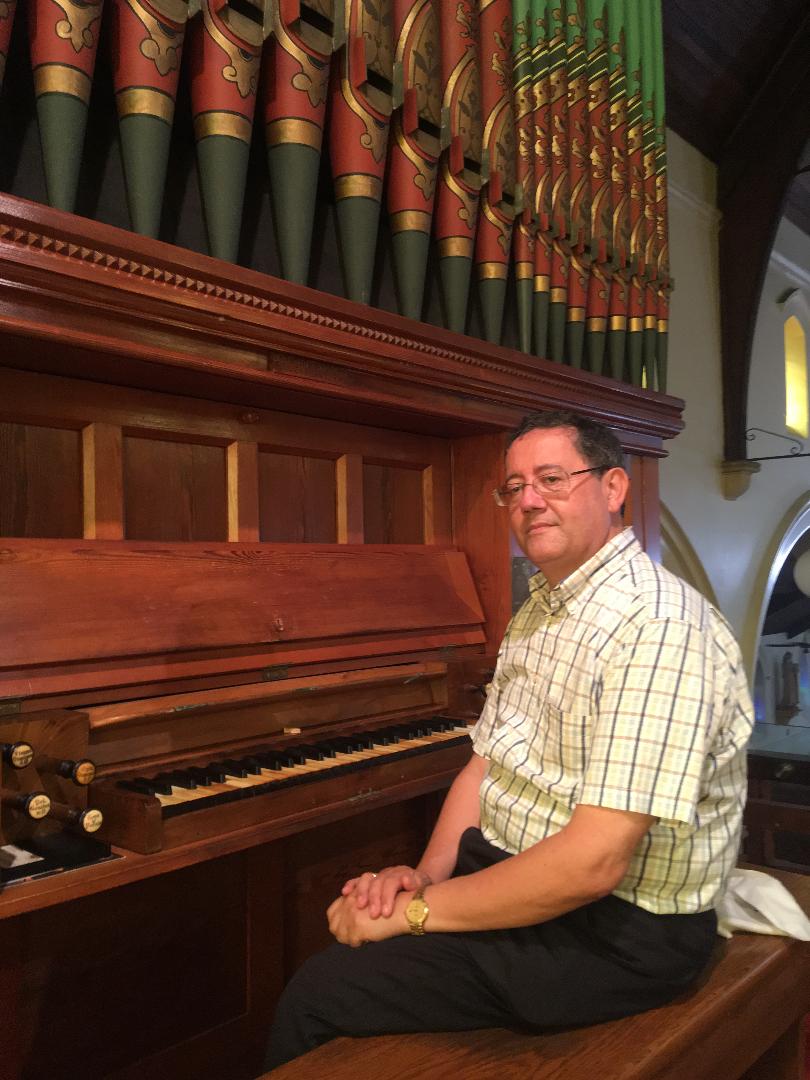
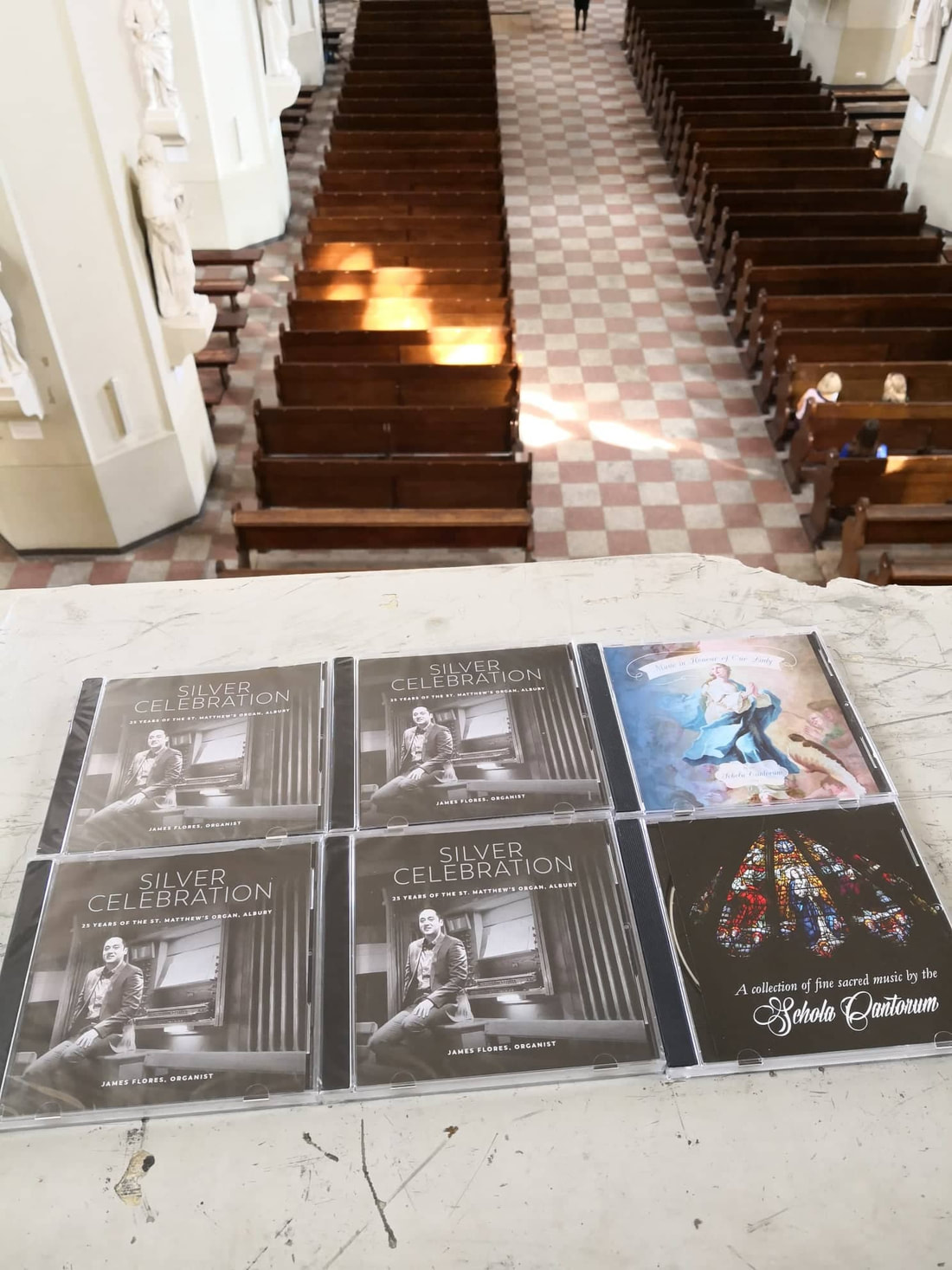

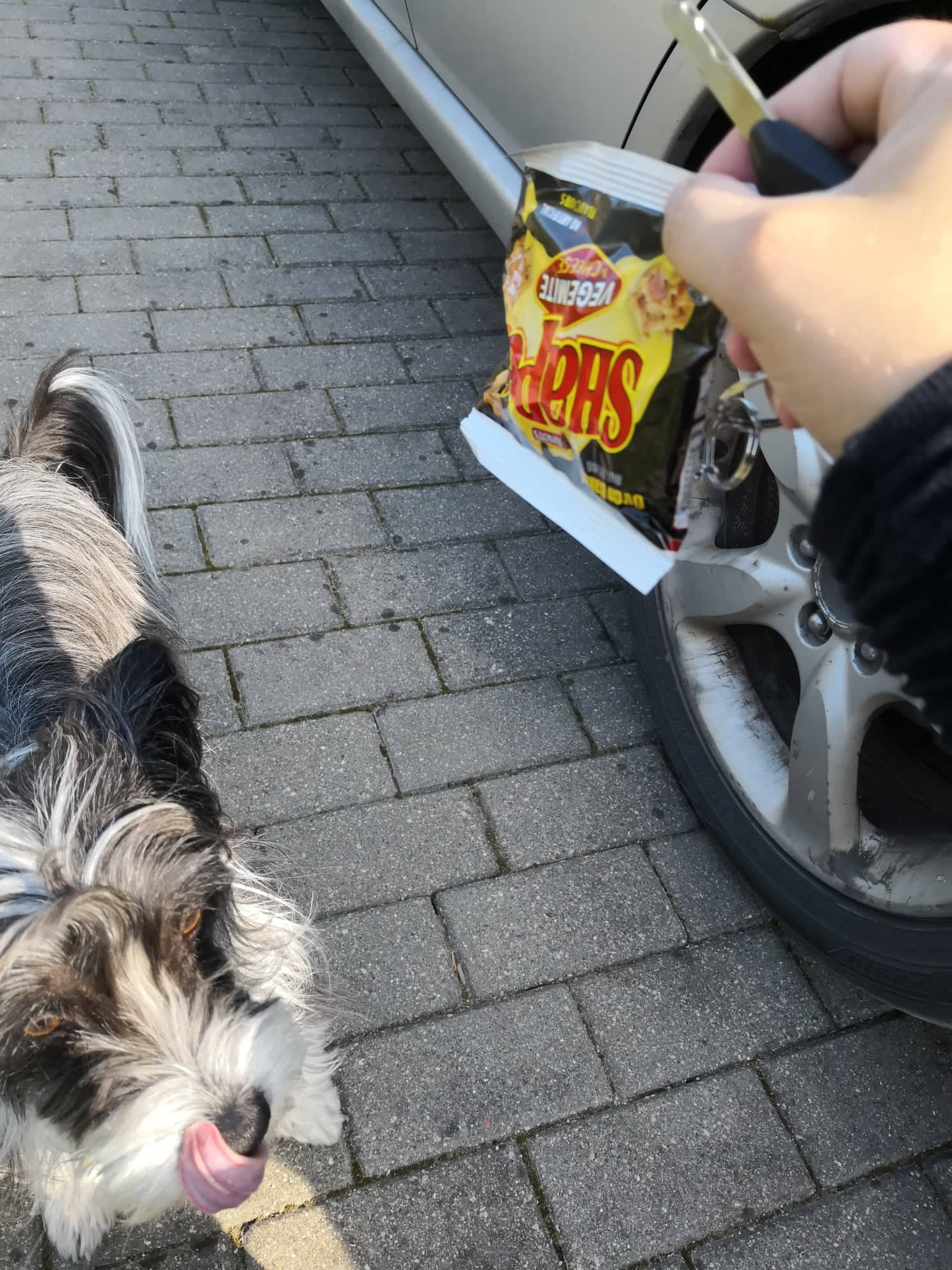
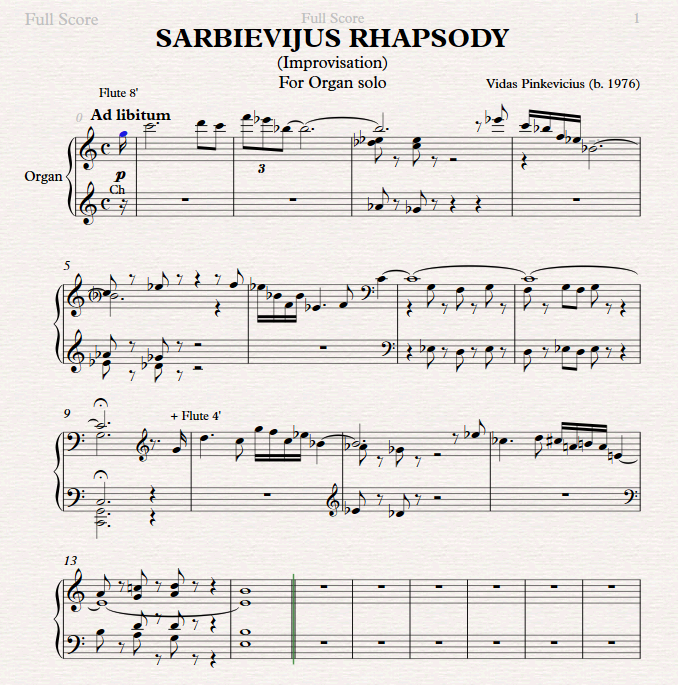
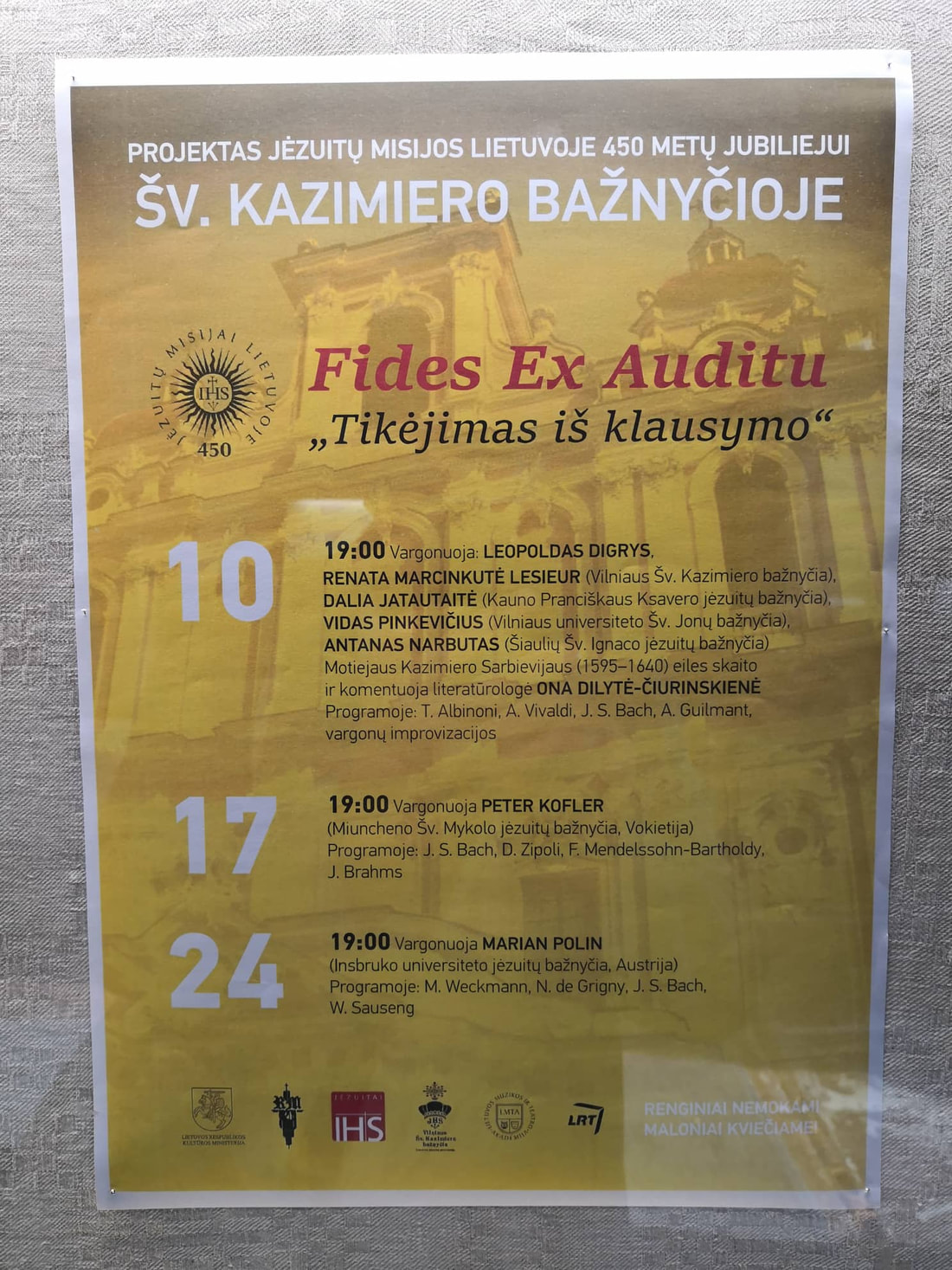
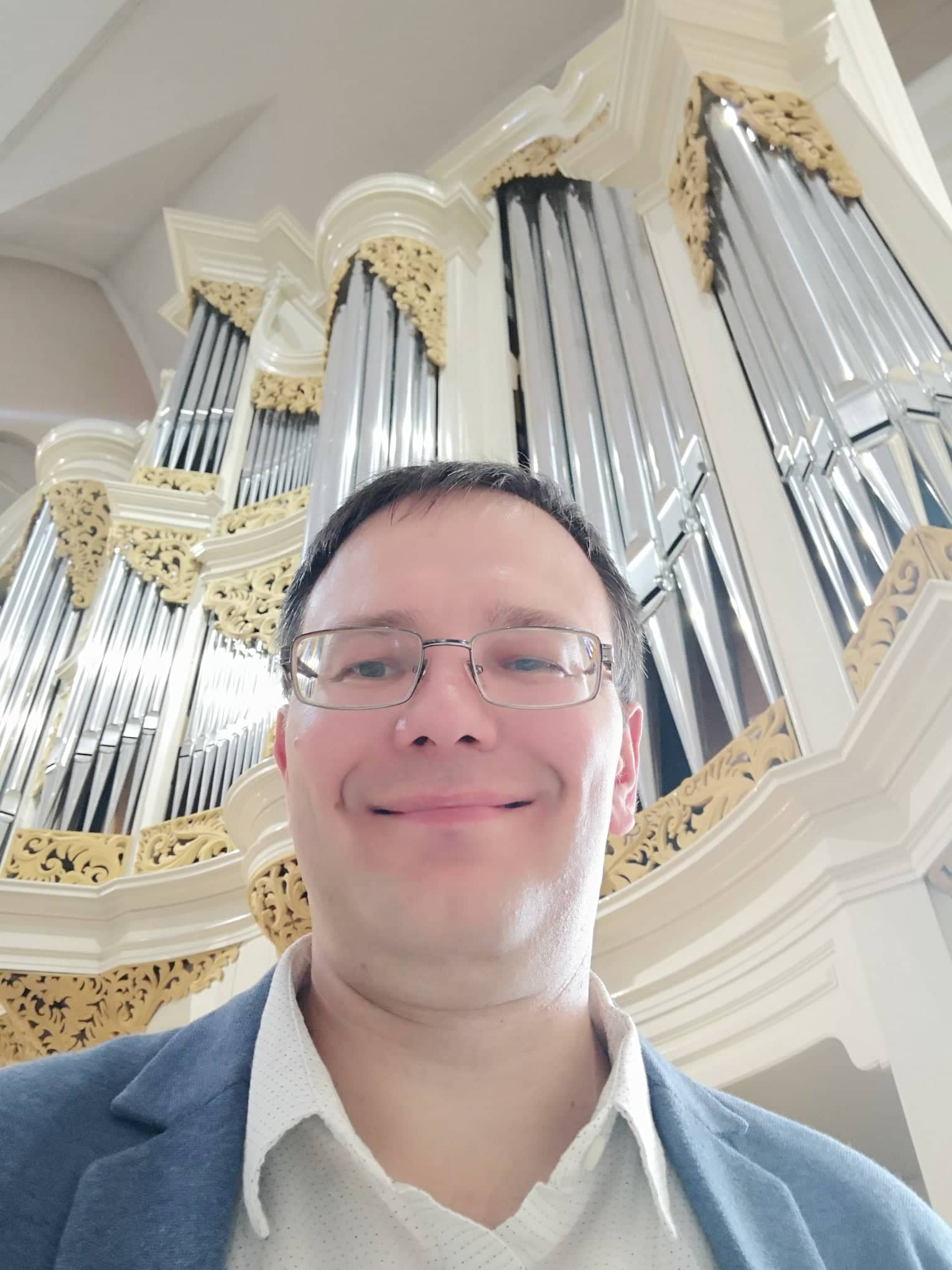
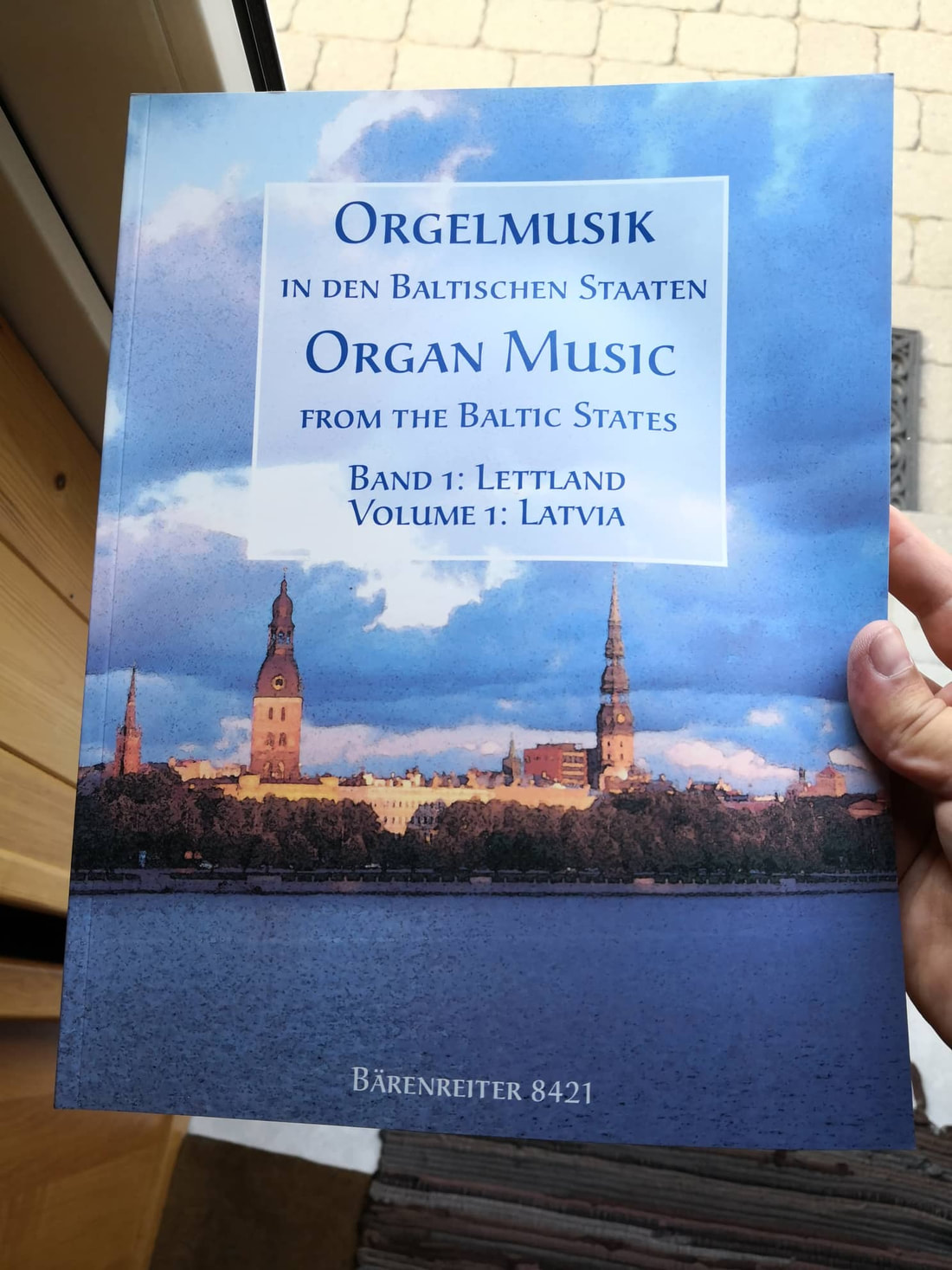
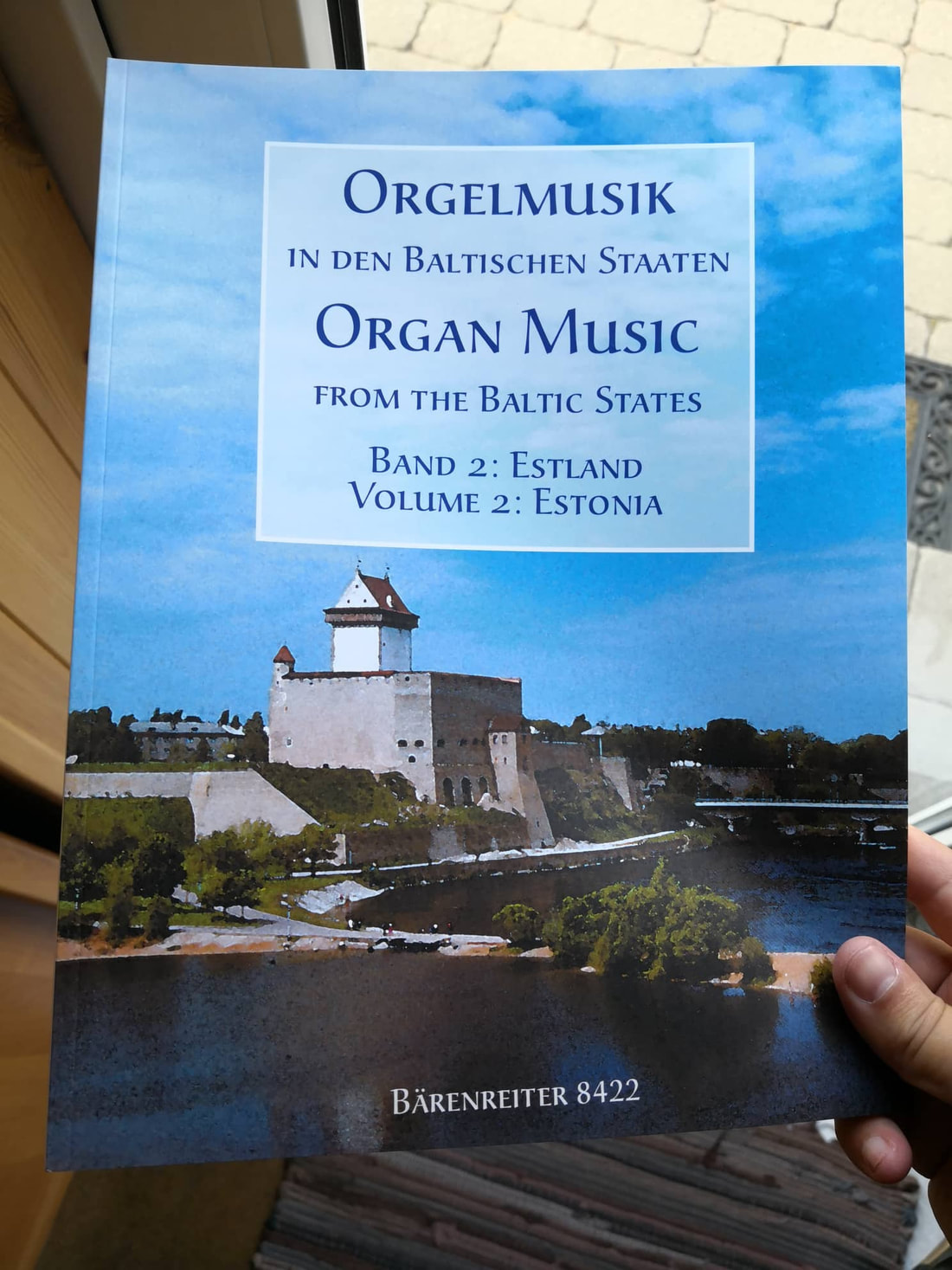
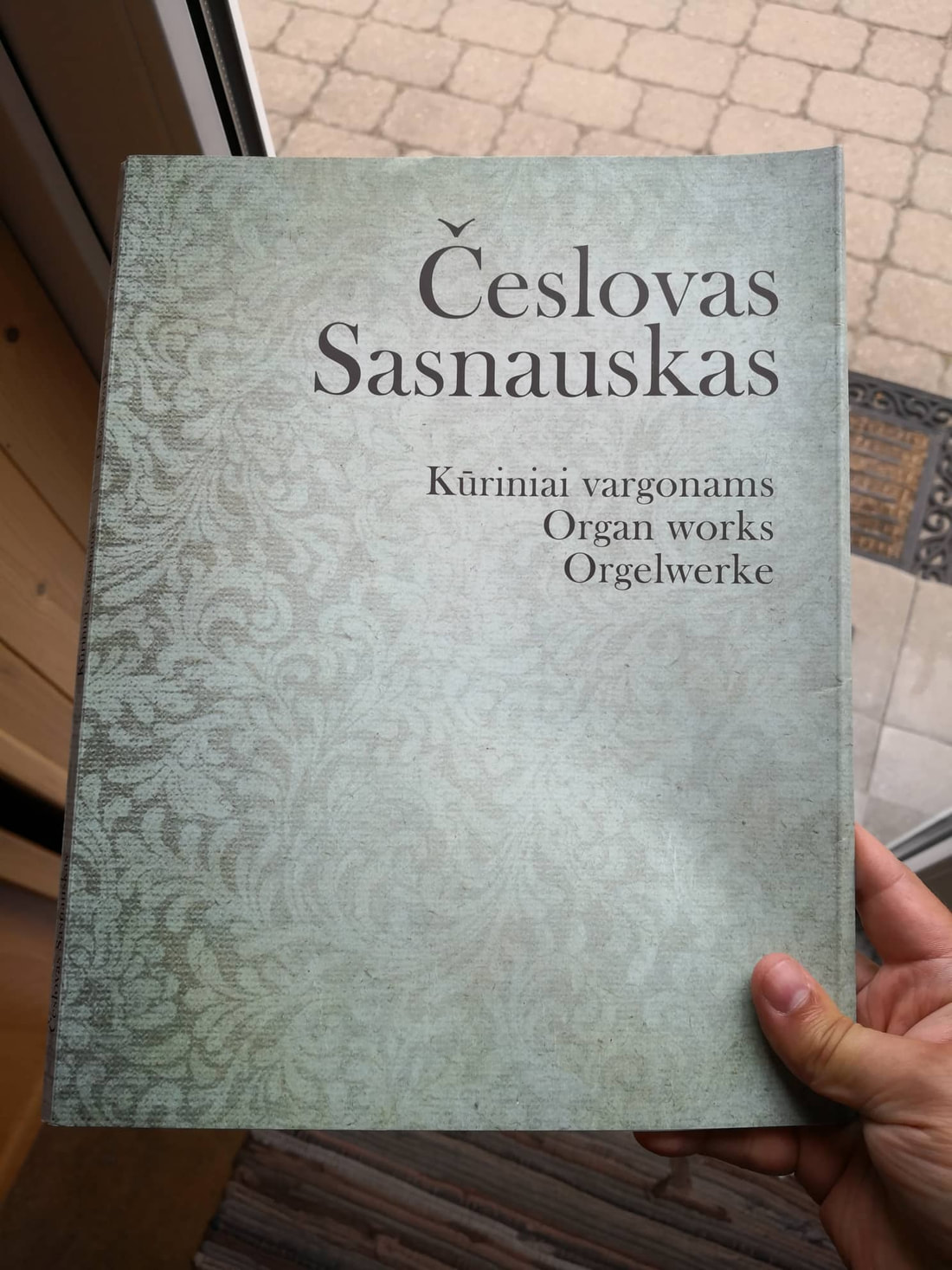
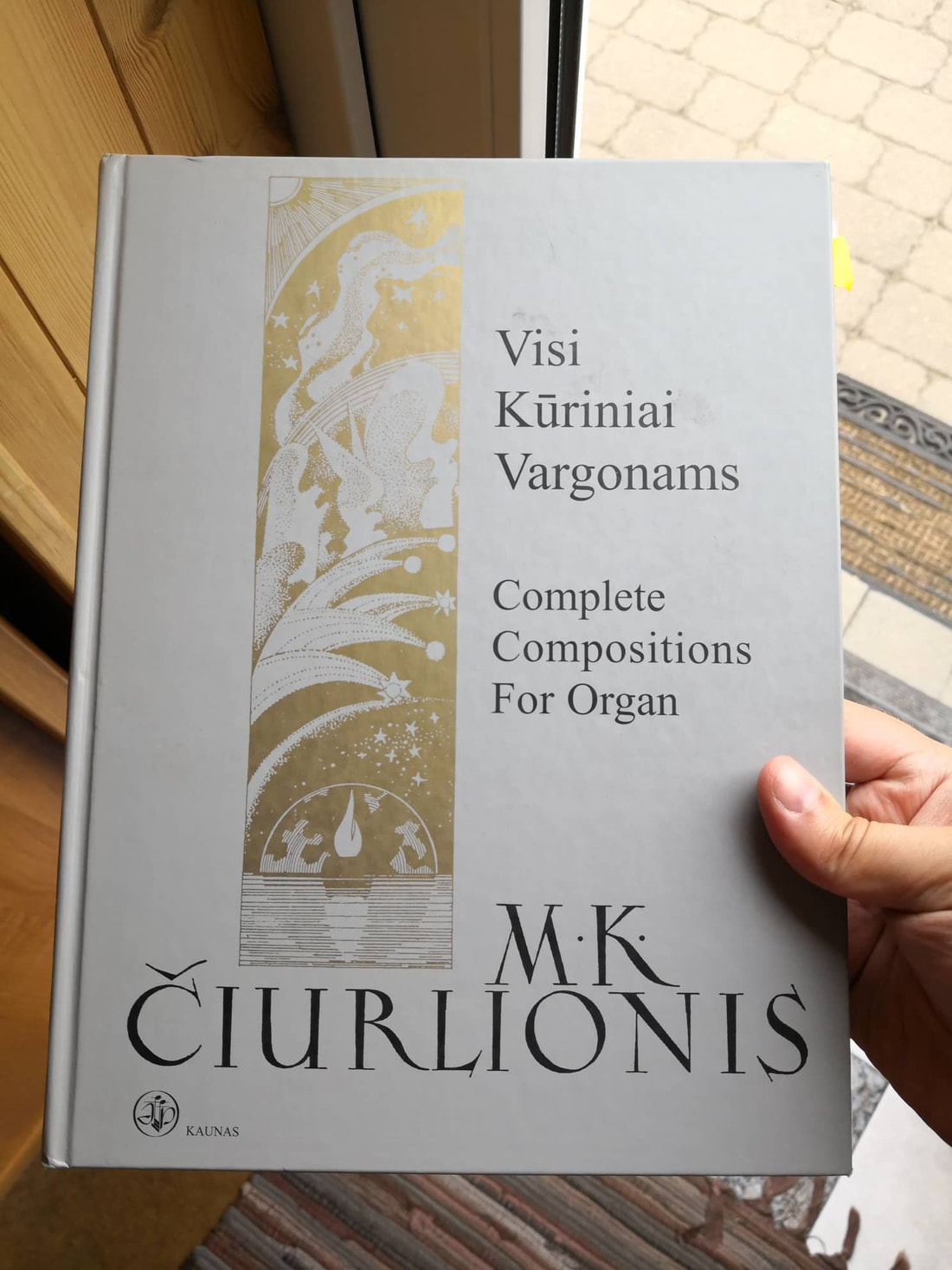
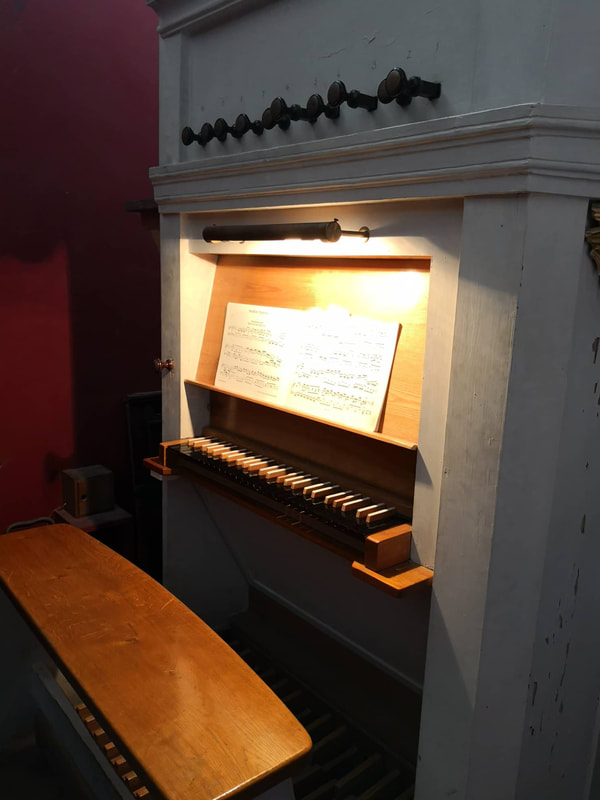



 RSS Feed
RSS Feed